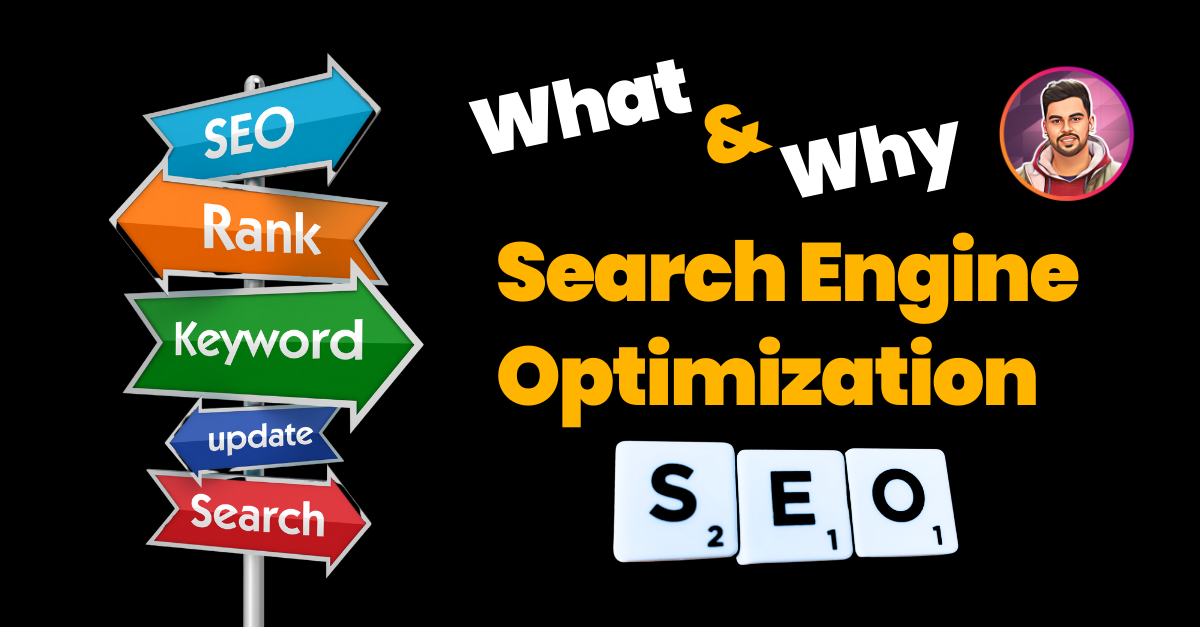
Key Topics:
- On-Page vs. Off-Page SEO
- Keyword Research and Competitor Analysis
- Technical SEO for Beginners
Search Engine Optimization (SEO) is the backbone of any successful digital strategy. It ensures that your website is discoverable by search engines and ranks higher in search results when users look for products, services, or information related to your business. In this blog, we’ll dive into On-Page vs. Off-Page SEO, the importance of Keyword Research and Competitor Analysis, and a beginner’s guide to Technical SEO.
What is SEO and Why Does It Matter?
SEO refers to the practice of optimizing your website to increase its visibility on search engines like Google, Bing, or Yahoo. Unlike paid advertising, SEO focuses on organic traffic—visitors who find your website naturally through search engine results.
Why SEO is Important:
- Improved Visibility: Ranking on the first page of Google increases your chances of being clicked.
- Cost-Effective: Organic traffic is free and sustainable in the long run.
- Builds Credibility: Higher search rankings position your website as trustworthy and authoritative.
- Drives Targeted Traffic: SEO brings users actively searching for your products or services, leading to better conversion rates.
On-Page SEO vs. Off-Page SEO
SEO can be categorized into two primary areas: On-Page SEO and Off-Page SEO. Both are essential for success.
1. On-Page SEO
On-page SEO focuses on optimizing elements within your website to improve its search engine rankings.
Key On-Page SEO Elements:
- Keyword Optimization: Use relevant keywords in titles, meta descriptions, headings, and content.
- Content Quality: High-quality, engaging, and original content ranks better.
- URL Structure: Use clean and descriptive URLs (e.g.,
example.com/best-digital-marketing-tips). - Internal Linking: Link to other pages within your website to improve navigation.
- Image Optimization: Use descriptive alt text for images and compress them for faster loading.
2. Off-Page SEO
Off-page SEO involves actions outside of your website that boost its reputation and authority.
Key Off-Page SEO Strategies:
- Backlinks: Acquiring high-quality backlinks from reputable websites signals authority to search engines.
- Social Media Engagement: Promoting content on social platforms drives traffic and builds brand visibility.
- Guest Blogging: Writing articles for other websites helps gain backlinks and reach new audiences.
- Online Reviews: Positive reviews on platforms like Google My Business improve local SEO.
Pro Tip: Combining on-page optimization with off-page strategies will help you climb the search engine rankings effectively.
Keyword Research and Competitor Analysis
Keyword research is the foundation of any SEO strategy. It involves identifying the words and phrases your target audience uses to search for products or information.
How to Conduct Keyword Research:
- Use Tools: Leverage tools like Google Keyword Planner, SEMrush, and Ahrefs to find relevant keywords.
- Understand User Intent: Analyze whether the keywords indicate informational, navigational, or transactional searches.
- Long-Tail Keywords: Target long-tail keywords (e.g., “best digital marketing tips for beginners”) for better chances of ranking.
- Competitor Analysis: Identify keywords your competitors rank for and uncover gaps in their strategy.
Example: If you run a fitness website, keywords like “weight loss workouts” or “best gym equipment” could drive targeted traffic.
Pro Tip: Focus on keywords with high search volume and low competition to maximize results.
Technical SEO for Beginners
Technical SEO ensures that search engines can crawl, index, and understand your website effectively. While it may sound intimidating, beginners can focus on a few core aspects to improve their site’s performance.
Key Technical SEO Elements:
- Website Speed:
- Use tools like Google PageSpeed Insights to analyze and improve site loading times.
- Compress images and minimize unnecessary code.
- Mobile Optimization:
- Ensure your website is mobile-friendly using a responsive design.
- Over 50% of users access websites via mobile devices, so this is crucial.
- XML Sitemap:
- Submit a sitemap to search engines so they can crawl your site efficiently.
- Platforms like WordPress allow you to generate sitemaps easily.
- Fix Broken Links:
- Broken links hurt SEO and user experience. Use tools like Screaming Frog to identify and fix them.
- SSL Certificate:
- A secure website (HTTPS) builds trust and improves search rankings.
- Structured Data (Schema Markup):
- Add schema markup to help search engines display rich snippets like ratings, FAQs, or products in results.
Pro Tip: Regular technical audits using tools like Google Search Console will help you identify and fix technical issues.
Analysis: The Power of SEO
SEO is a long-term strategy that pays dividends when done right. Mastering tools like Google Keyword Planner, SEMrush, and Ahrefs, combined with a strong understanding of user intent, helps you build a winning strategy.
Real-Life Results:
Many businesses have seen remarkable results with SEO:
- Increased Organic Traffic: Consistent optimization leads to a steady rise in website visitors.
- Higher Conversions: Targeted SEO strategies attract users with purchase intent.
- Improved ROI: Organic traffic reduces reliance on paid ads, saving marketing costs.
Conclusion
Search Engine Optimization (SEO) is a critical pillar of digital marketing. By balancing on-page and off-page SEO, mastering keyword research, and focusing on technical SEO, you can drive long-term organic traffic to your website.
Comments are closed